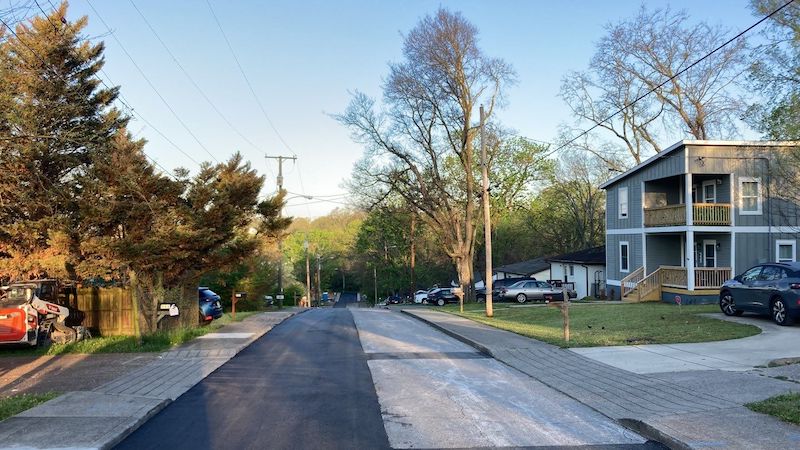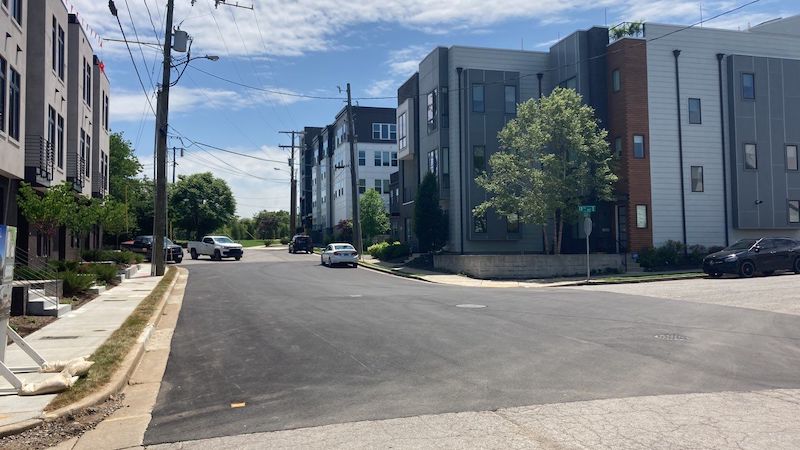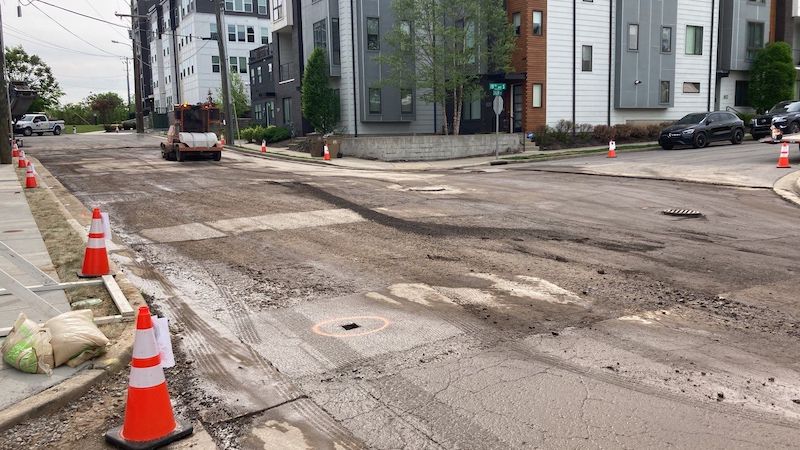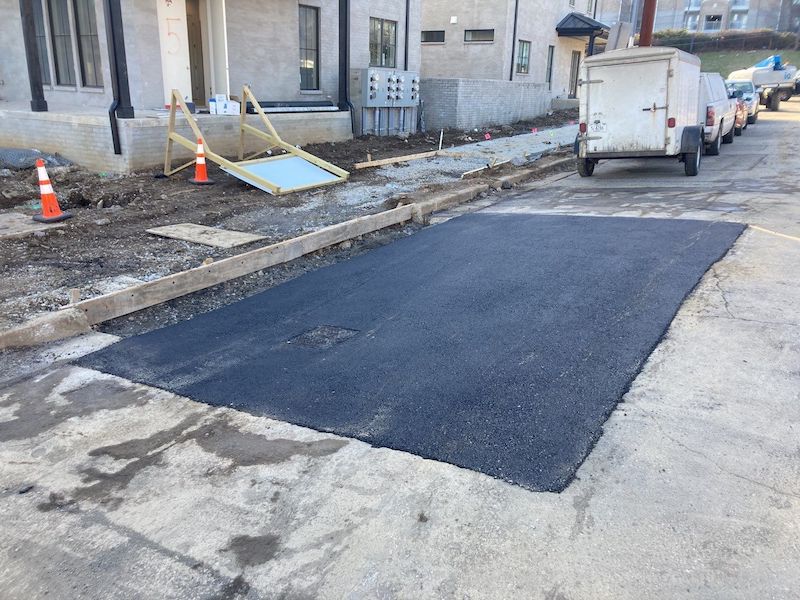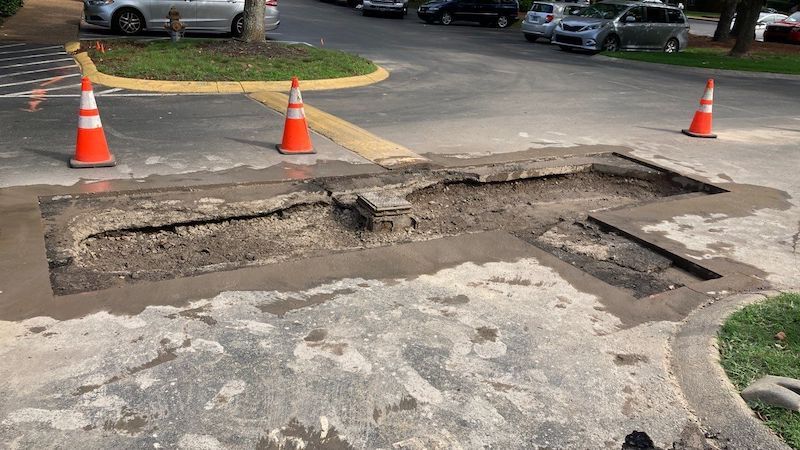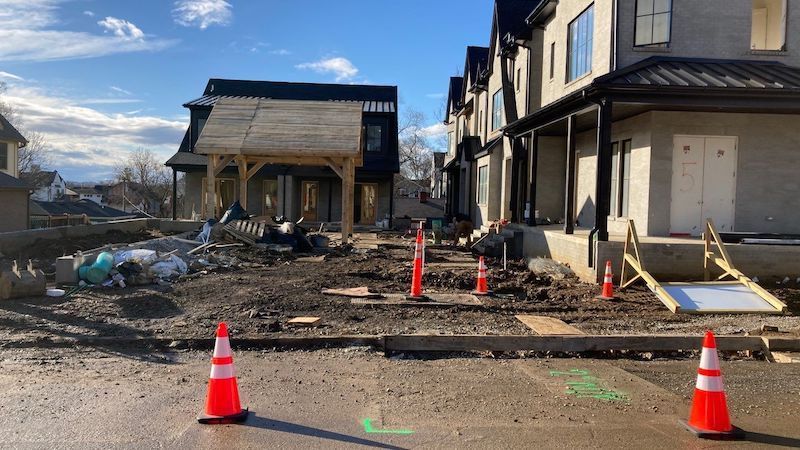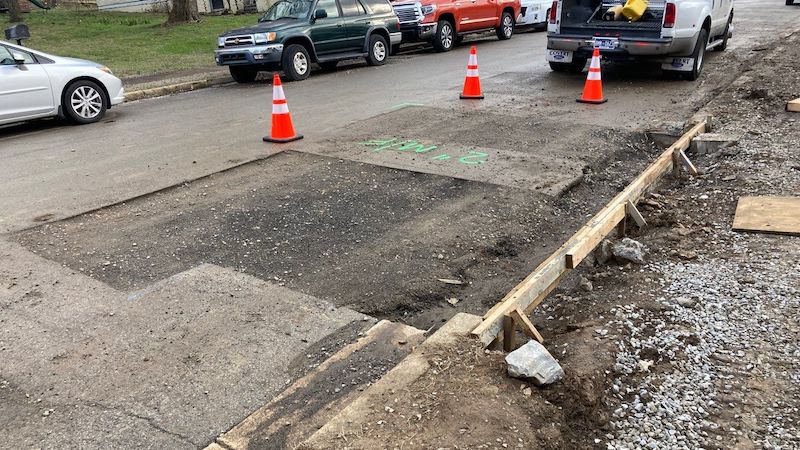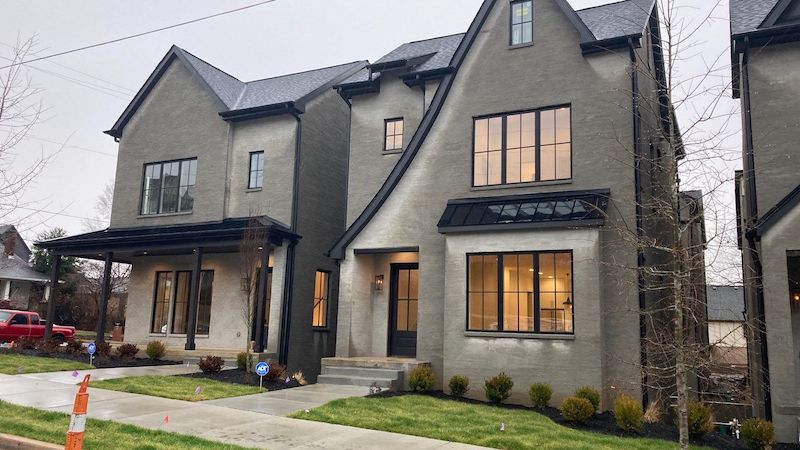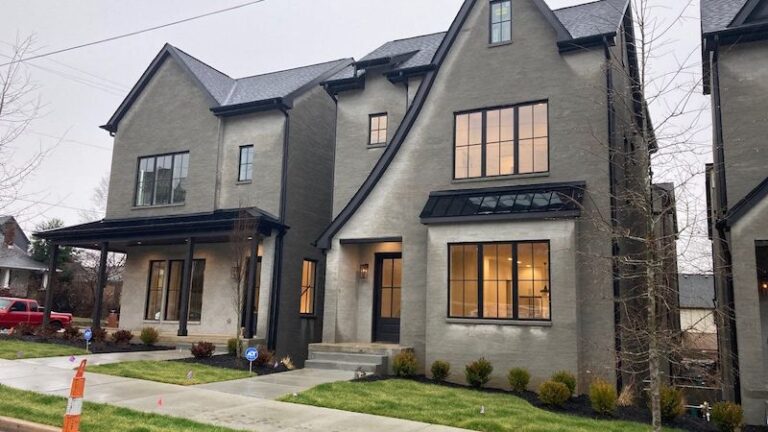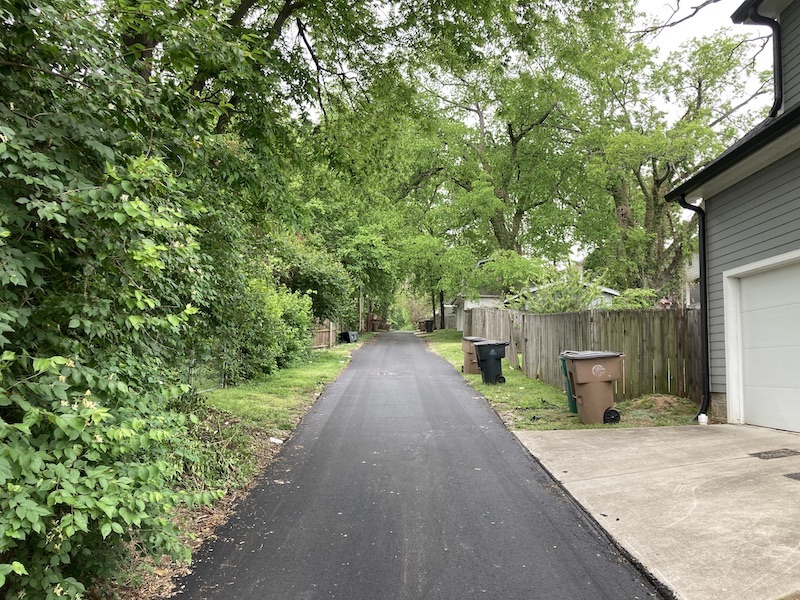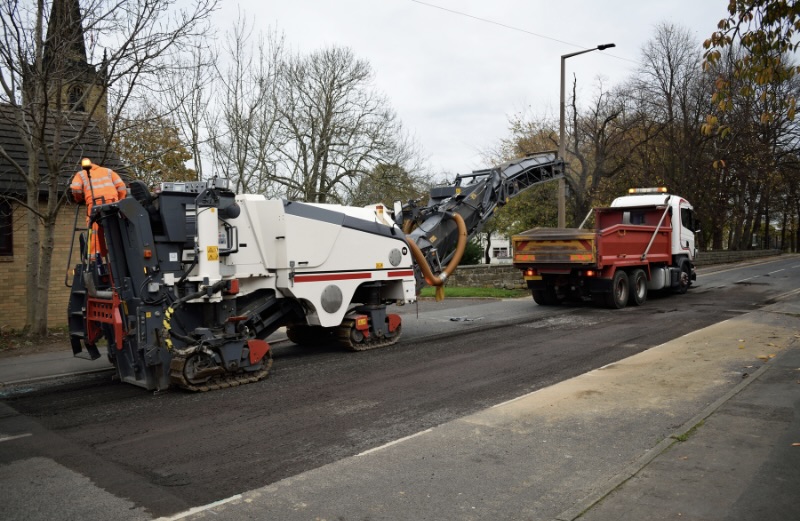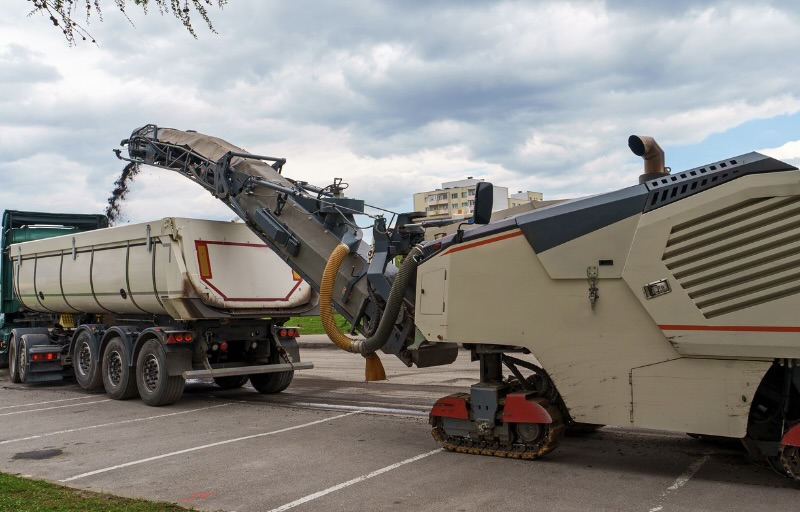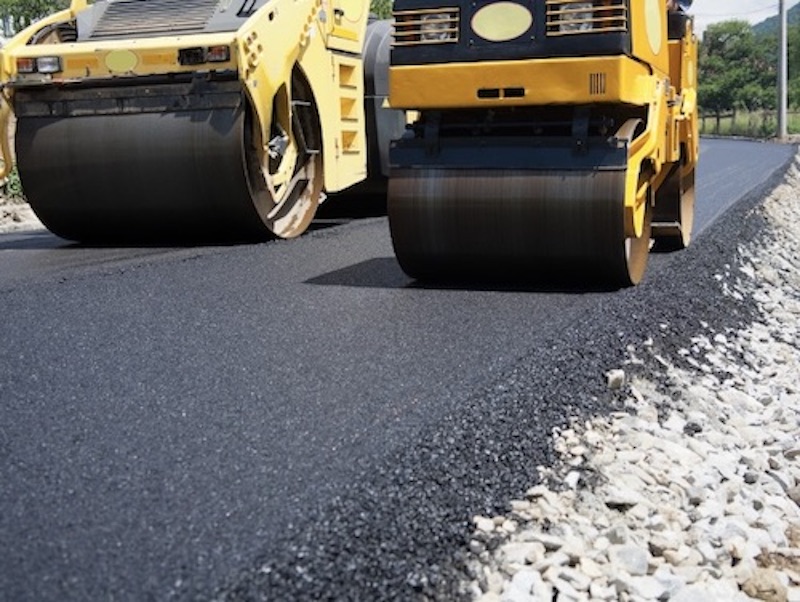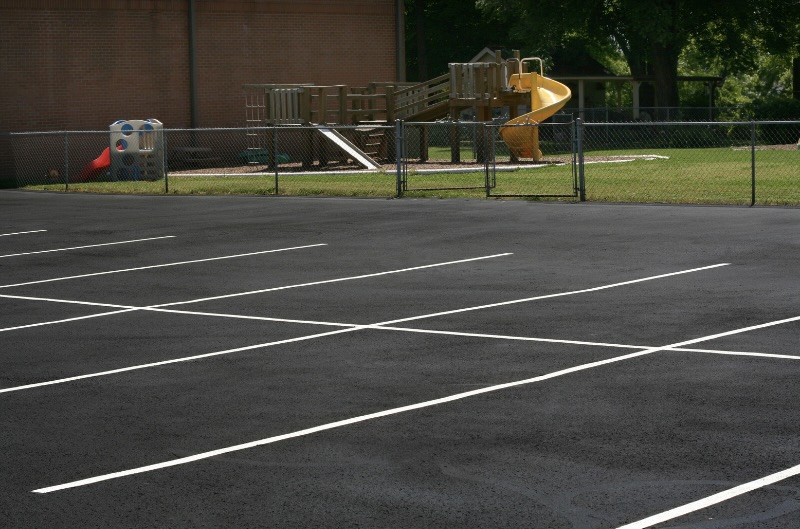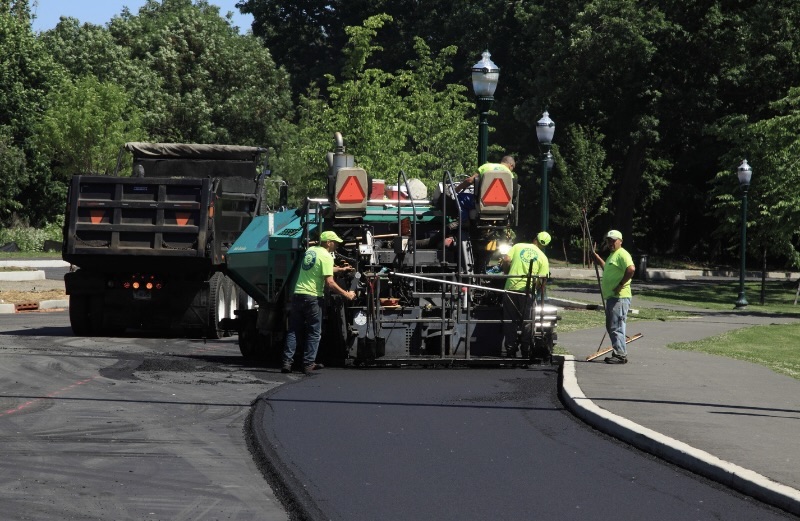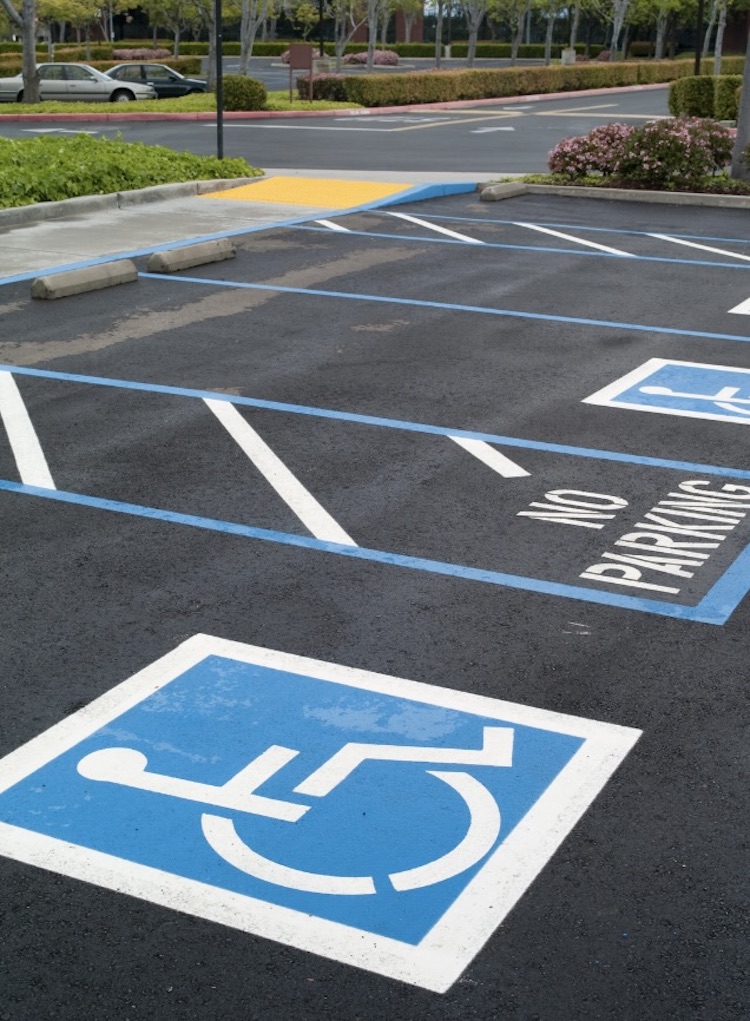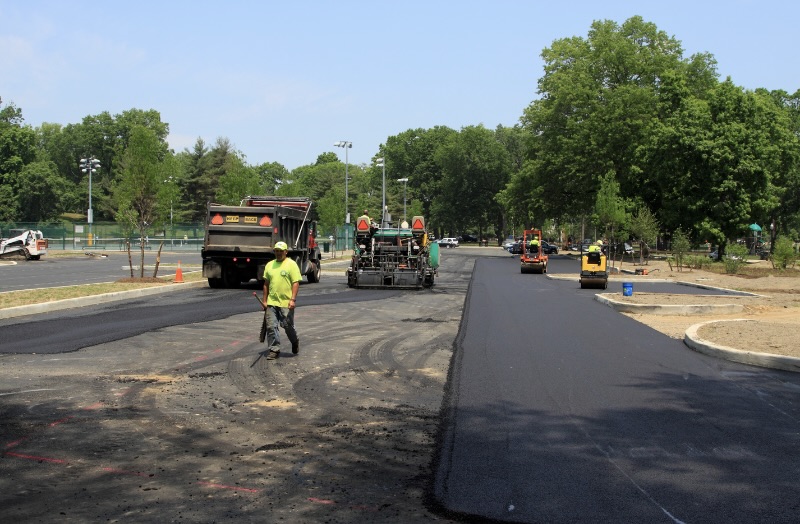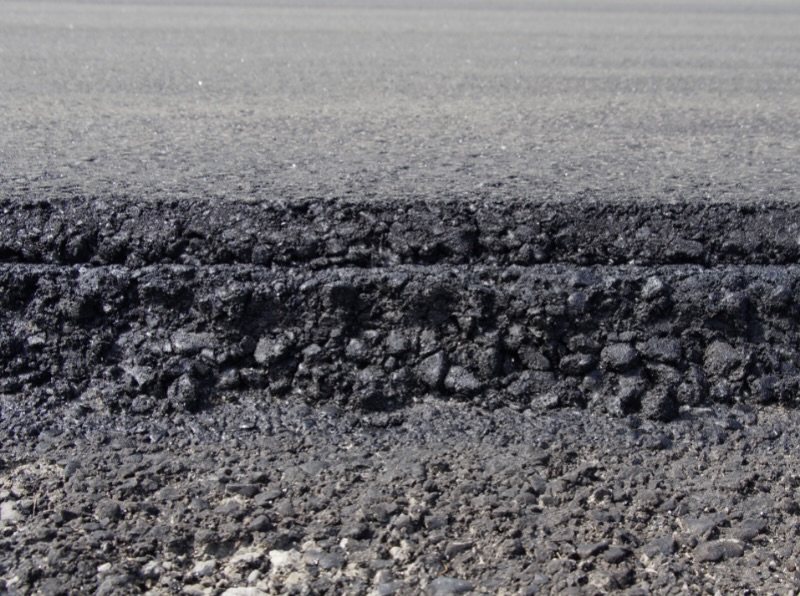Nashville Street Paving: The Complete Guide to Smooth Roads
Street Paving Nashville: The Complete Guide to Smooth Roads
Imagine driving down a Nashville road without having to dodge potholes, bump along rough surfaces, or lose your coffee to sudden jolts. Sounds too good to be true? Not anymore! With advances in street paving technology and techniques, “smooth” is becoming the new normal for our city’s roads in Davidson County. Dive into our complete guide to Nashville Street Paving, brought to you by Gaddes Strategic, LLC, and discover how local businesses transform your daily commute into a seamless riding experience you’ll look forward to daily, thanks to their precise lane closures and specifications!
Gaddes Strategic, LLC is a local street paving business in Nashville, offering a wide range of street paving and asphalt repair services. Our team provides asphalt paving, pothole, asphalt repair, patching, sealcoating, thermoplastic pavement markings, and line striping.
Moreover, we specialize in fully integrated solutions that include blacktop, curb, and gutter installations. We also offer asphalt resurfacing, maintenance, and asphalt milling and paving services for businesses in Nashville. Contact us today to request a professional quote and learn more about our expert street paving solutions.
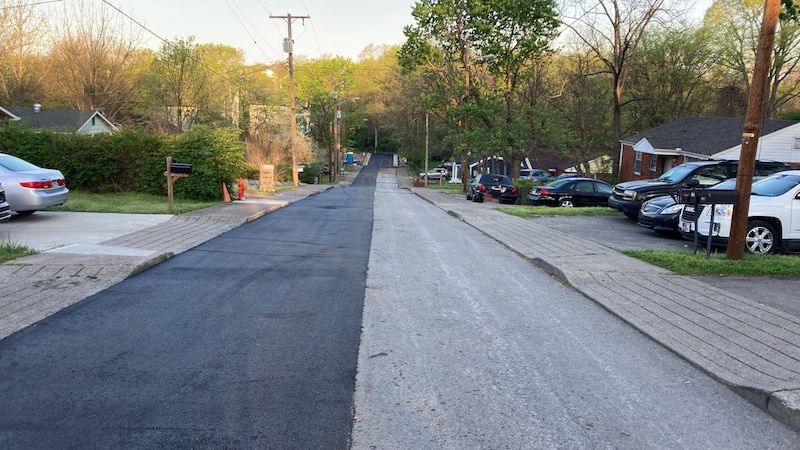
Street Paving in Nashville
Street paving is a crucial aspect of any city’s infrastructure. Smooth roads prevent damage to vehicles, provide safe passage for pedestrians and cyclists, and maintain the general aesthetic appeal of neighborhoods. In Nashville, street paving is a vital service that ensures the safety and convenience of residents and visitors alike.
Over time, natural wear and tear can cause roads to deteriorate. The harsh winter climate, heavy traffic, and constant use can cause road potholes, cracks, or fading lines. These irregularities not only look unpleasant but can also present potential hazards to motorists. But with the help of professional street paving services in Nashville, these problems can easily be solved.
A severe storm caused extensive flooding on a road near my house a few years ago. It left deep crevices on the pavement, and cars struggled to drive through it without getting stuck. After several weeks of delay by the authorities responsible, professional street pavers were finally hired. Despite the damage’s extent, they restored the damaged road to its original condition within two days. Not only was it smoother than before, but there was an improvement in features such as drainage channels and markings.
Without proper asphalt paving services in Nashville, cracked or damaged roadways could put drivers at risk of accidents and lead to expensive repairs for car owners or even higher costs for local government agencies if left unaddressed for too long.
Nashville boasts some of the most reliable professionals in street paving services. Their vast knowledge of asphalt installation and repair techniques combined with state-of-the-art equipment and top-quality materials ensures that every project is completed with skillful precision.
Despite how essential street paving services are in Nashville or any other city, some individuals view them as unnecessary expenses and claim they only benefit governments or private contractors.
However, paying attention to the maintenance and repair of roads can lead to more significant expenses in the long run. For instance, if potholes and cracks are left unattended for too long, they will enlarge further and result in much more costly repairs than what could have been simpler and cheaper initial pavement patching. Moreover, a properly maintained road system will improve a city’s economic growth and attract more investment, which benefits the entire community. This includes providing adequate handicap access, clearly marked lanes with visible stripes, and well-delineated crosswalks in order to disseminate vital information for drivers and pedestrians alike, ultimately creating a safer environment for everyone.
Now that we’ve highlighted the advantages of street paving in Nashville let us look at the specific services contractors offer, ranging from regular asphalt repairs to niche job requirements, all at a competitive price.
Asphalt Repair and Installation Services
Asphalt is one of Nashville’s most widely used materials in paving roadways, and it is known for its durability, cost-effectiveness, and low maintenance. Whether homeowners require driveways, commercial business owners need parking lots, or municipalities need public streets paved or repaired, asphalt is an ideal option.
Asphalt repair services are essential in Nashville just as much as a new installation. These repair services can fix minor damages such as cracks, potholes, or other wear and tear-related issues resulting from harsh weather conditions or general use.
A couple of years ago, during one winter storm that hit Nashville particularly hard. The snow piled up on my driveway and eventually melted through a freeze-thaw process, consequently causing damage to my driveway. While trying to fix it seemed like a more accessible option for me then, it turned out to be a disaster. Frustrated with my unsuccessful attempts at repairing the driveway, I was forced to call professional repair services. They were able to fix the problem professionally within hours by using appropriate materials and equipment that expertly restored my driveway’s condition.
Asphalt repairs require professional expertise as poor quality work can further damage your pavements leading to additional expenses. Professional asphalt repair services in Nashville use a range of techniques, such as partial depth patching, skin patching, and infrared patching, to ensure that any repairs are done correctly and deliver long-term results.
As mentioned earlier in this article, natural wear and tear are inevitable, particularly for highly trafficked areas like parking lots or roads. New installation is essential in cases where asphalt has eroded so much that fixing it is impossible or a new project requires fresh pavement work.
Think of asphalt paving as a facelift for your driveway or street. A facelift would better your look, while an asphalt repair or installation improves the area’s appearance to provide a safer drive and comfortable walk.
Having covered both street paving and asphalt repair services provided by professionals in Nashville, let us now delve into various types of paving services available.
Driveway and Lot Line Repairs
Any business owner must maintain a smooth and functional street or parking lot. Damage to these areas can decrease its aesthetic appeal and pose serious safety hazards to drivers and pedestrians. If your lots have potholes, cracks, or uneven surfaces, it may be time to explore professional pavement repair services.
Minor issues often need to be addressed, which can eventually lead to more significant problems. For example, you could face legal action if a customer trips and falls while entering your store due to damaged pavement. In other cases, damage to pavement can cause tire damage or misaligned wheels on cars or trucks, which could leave drivers with costly auto repair bills.
Luckily, various affordable services are available for street and lot line repairs in Nashville. For instance, Gaddes Strategic LLC offers asphalt overlay options that allow you to quickly transform old or worn-down asphalt into a new attractive surface without completely removing the existing asphalt beneath it. This solution is cost-effective and visually appealing for businesses looking to update their pavement surface, offering various applications for various circumstances.
Another option is using thermoplastic pavement markings for line striping repairs. Thermoplastic materials are highly durable and resistant to wear caused by heavy traffic flow or inclement weather conditions. They offer a flexible solution for creating new lines or re-striping faded ones while still maintaining high visibility on your pavement surface. Crews apply these materials promptly, reducing potential injuries for workers and pedestrians.
However, some people may hesitate to invest in professional repair work if the damage appears cosmetic rather than functional. It is worth noting that even small chips on the surface can develop into deep cracks over time if they are not addressed promptly. A minor sign of cracking could indicate an underlying issue with the concrete, which requires immediate attention. That’s why regular maintenance is critical for street and lot line repairs.
If business owners neglect these maintenance issues, this negligence will lead to costlier repair work in the future. A damaged pavement surface can quickly become a safety hazard and lead to legal action. Investing in minor repairs now could save you from paying hefty claims later.
In the next section, we’ll look at the different types of paving services available to businesses in Nashville, TN.
Types of Paving Services
When it comes to paving installation or repairs, there is no one-size-fits-all solution. There are various options available for business owners depending on their specific needs and requirements concerning budget, aesthetic appeal, and usage.
As mentioned, asphalt repair and overlays are two valuable options for businesses seeking affordable and durable solutions. Gaddes Strategic LLC provides various forms of asphalt repairs, such as pothole repairs with a “remove and replace” option, sealcoating, and line striping. These services help create a safe, visually pleasing environment that puts customers at ease while improving overall road conditions.
Asphalt milling and paving are also viable solutions for businesses that require a full re-surfacing of an existing asphalt pavement surface. By removing the old pavement layer first, the new asphalt layer will have better binding capabilities to provide a stronger, safer, and longer-lasting surface.
Think of pavement as how you might think about furniture – if it’s been around for too long, it starts to wear down, lose its luster, crack, peel, etc. But unlike furniture that can be thrown away or painted over, pavement requires professional care due to its exposure to inclement weather conditions and traffic flow. Investing in regular maintenance checks helps ensure these minor issues don’t escalate into more significant ones over time.
With so many options available for businesses in Nashville, there is no excuse for not seeking professional assistance when dealing with pavement issues. By investing in professional paving services, business owners can ensure that their pavement will be safe for drivers and pedestrians while appearing visually appealing to customers.
In our next section, we’ll look at the benefits of using experienced contractors in Nashville.
- According to Statista, the U.S. paving industry, which includes companies specializing in street paving services like those in Nashville, generated around $45.1 billion in revenue in 2018.
- A study conducted by the Asphalt Pavement Alliance found that approximately 94% of paved roads in the United States use asphalt as their primary paving material, making it the most common choice for road repair and construction projects such as those in Nashville.
- According to data from the Tennessee Department of Transportation, there were approximately 5,943 miles of city-owned public roadways in Tennessee as of 2020, with a significant percentage falling under the responsibility of local governments like Nashville for maintenance and paving projects.
When it comes to street paving services, choosing an experienced and reliable contractor is essential. In Nashville, many contractors claim to offer the best services, but not all can match your expectations. Therefore, researching and planning are crucial before hiring any contractor for your street paving needs. Be aware of the potential dangers in choosing the wrong contractor, and consider your project location when making your decision.
Many factors contribute to a good contractor; experience, expertise, reputation, and customer service are just a few things to consider. In addition to these factors, consult with experts to guide you in making an informed decision. A contractor’s experience level can determine their ability to handle complex projects and deliver quality work.
More so, an experienced paving contractor has likely invested in modern equipment that allows for efficient and accurate execution of projects. Such equipment guarantees that your project is completed on time and within budget, often increasing overall satisfaction.
However, it’s important to note that experience alone doesn’t always guarantee quality work. You must also check the materials’ quality and whether those materials meet industry standards.
To ensure you’re hiring the right contractors for your project, ask for references or check online reviews from previous clients. You can also look at their portfolio to see images of similar projects.
Benefits of Professional Paving Services
Hiring a professional paving service company can be most advantageous when carrying out street paving projects. A professional company will guarantee quality work, cost-effectiveness, and a smoother customer experience throughout the entire process.
For instance, a professional paving contractor in Nashville will use high-quality materials and equipment to deliver quality work that lasts longer. They understand what it takes to perform street paving projects in accordance with industry standards.
Additionally, working with professionals also provides you with access to their expertise. They can advise on design choices and construction details and provide valuable insight regarding project timelines and cost estimates.
However, some property owners feel they can save money by paving projects themselves or hiring cheaper contractors. The sad truth is that the results are not always satisfactory or long-lasting. It is important to highlight that only a professional paving contractor has the necessary skills for sustainable pavement installation.
Moreover, attempting street paving tasks without experience and knowledge can lead to serious safety issues and compliance concerns. Improperly installed pavements may break apart sooner than expected, creating unnecessary hazards for drivers and pedestrians alike.
Hiring a professional paving service company is the most advantageous option for street paving projects. A professional company guarantees quality work, cost-effectiveness, and a smoother customer experience. Attempting paving tasks without experience and knowledge can lead to serious safety issues and compliance concerns, while only professional contractors have the necessary skills for sustainable pavement installation.
Investing in a reliable contractor in Nashville will utilize high-quality materials and equipment, offer expert advice on design choices and construction details, and ensure project timelines and cost estimates are met, resulting in a successful and long-lasting street paving project. In the long run, choosing a professional contractor will result in longer-lasting and safer pavements for drivers and pedestrians alike.
Maintenance & Design Considerations
Maintaining smooth roads is as essential as paving them. Neglected roads can lead to accidents and damage vehicles, which could result in costly repairs. Regular maintenance ensures the road remains smooth and safe for motorists, cyclists, and pedestrians.
That said, different aspects of maintenance need to be considered when making a maintenance plan. For starters, cleaning the pavement regularly is essential. Dirt and debris often accumulate on pavements, especially during the fall season when leaves fall off trees. If removed timely, this build-up could avoid drainage channels and lead to potholes forming on the surface.
Another crucial aspect of road maintenance is repairing cracks and potholes immediately after they appear. If such defects are ignored, they will continue to expand with time due to constant traffic over them, resulting in even more significant damage. Water seeping through these gaps can also create weak spots in the pavement structure, worsening its condition.
One question that comes to mind is – Should you take preventive measures and resurface your pavement periodically or wait until it has developed significant structural issues? While some might argue for waiting until issues arise before addressing them, preventative measures have their benefits. Waiting too long might make repairs trickier and much more expensive than they would have been if caught sooner.
Imagine owning a car that requires regular maintenance. A car breakdown due to a lack of gas or oil can directly impact the safety of the passengers inside it. Similarly, maintaining smooth roads involves regular maintenance checks; otherwise, neglect becomes dangerous for commuters who use them daily.
In summary, Nashville street paving services provide an efficient way to maintain smooth roads while preventing further damage to existing pavements by ensuring repairs are addressed before they worsen. Cars can drive smoothly across Nashville’s streets with proper maintenance practices like pothole repairs, crack sealing, thorough cleaning, and preventative resurfacing or seal coating.

